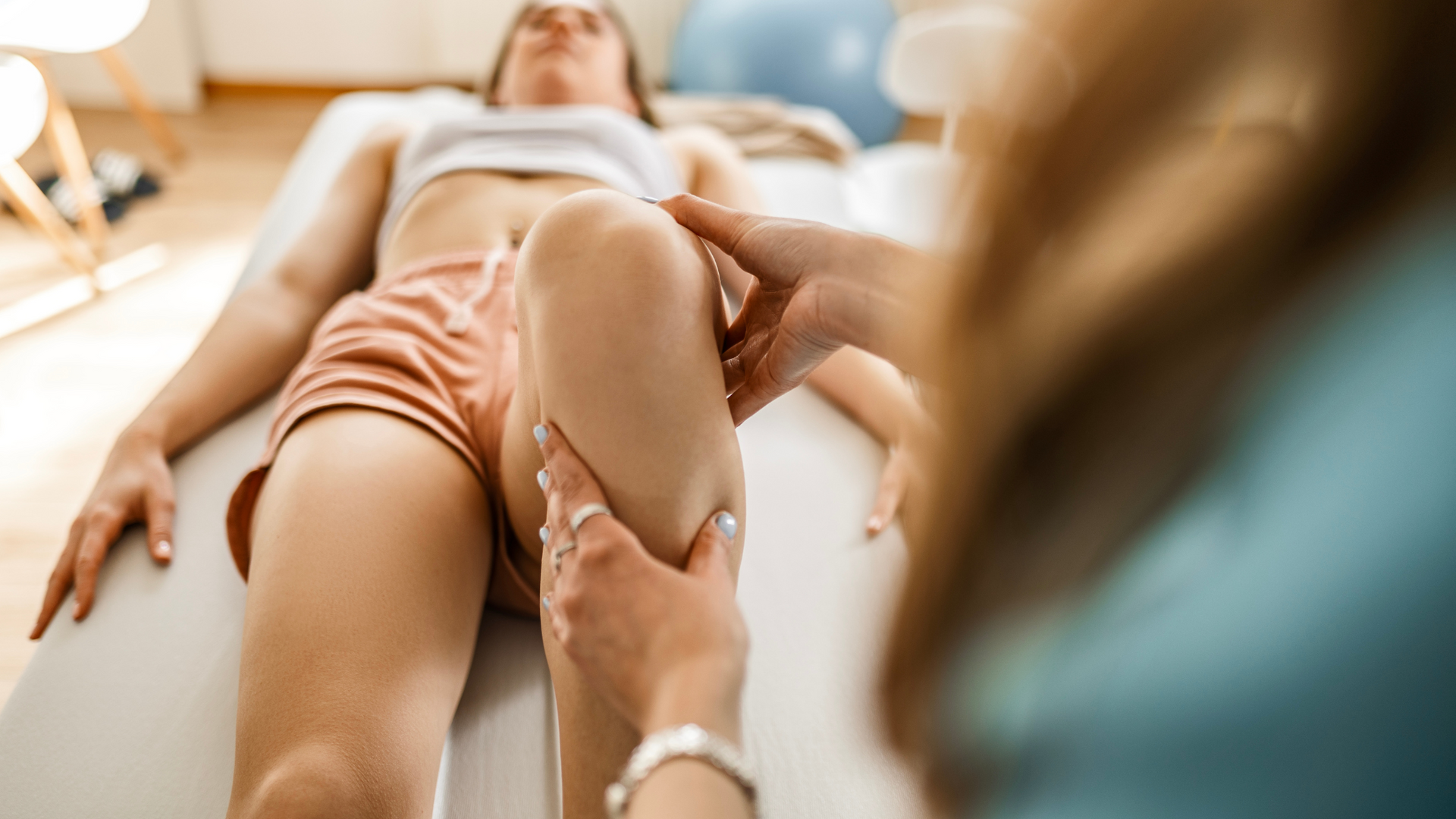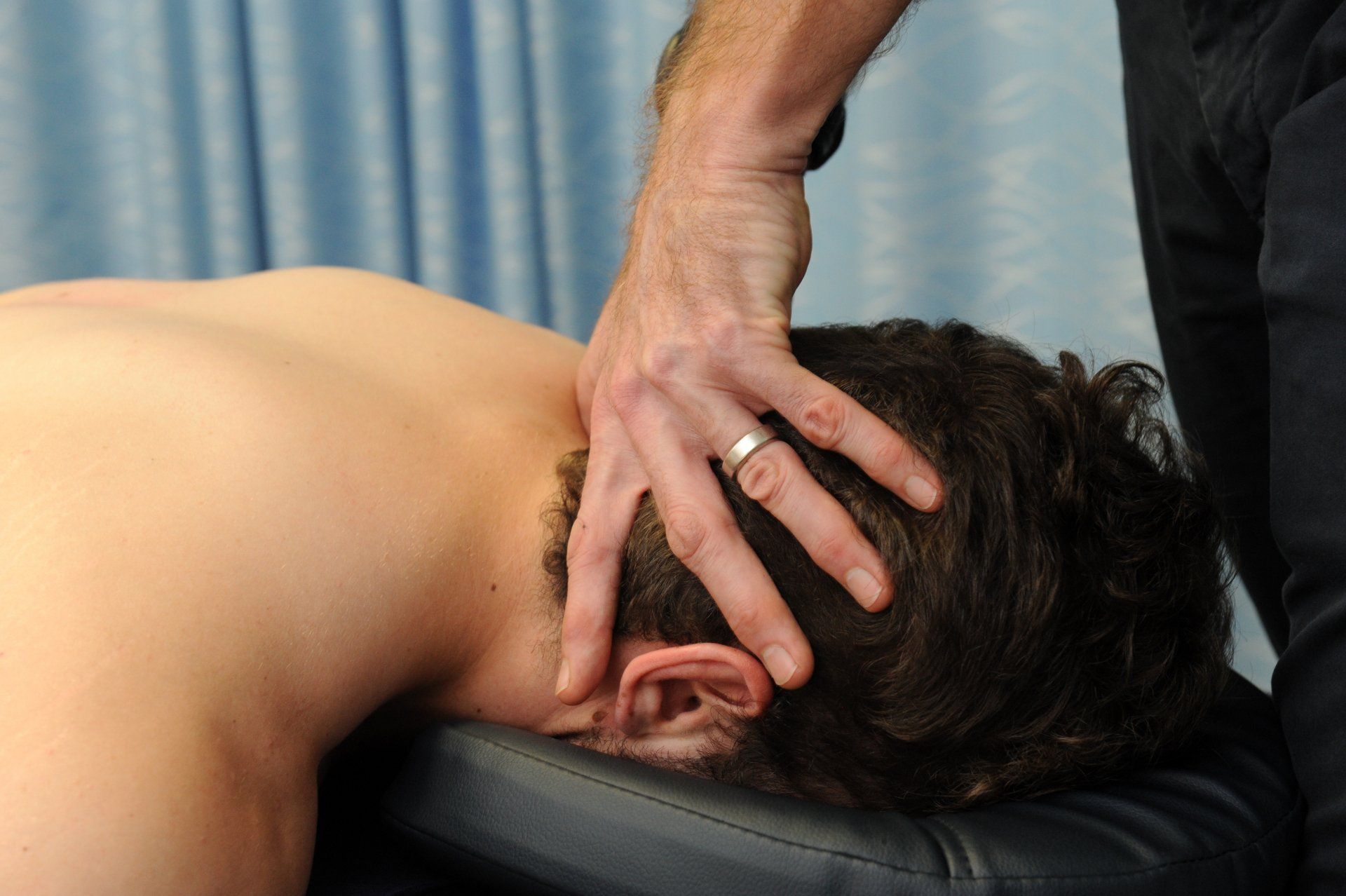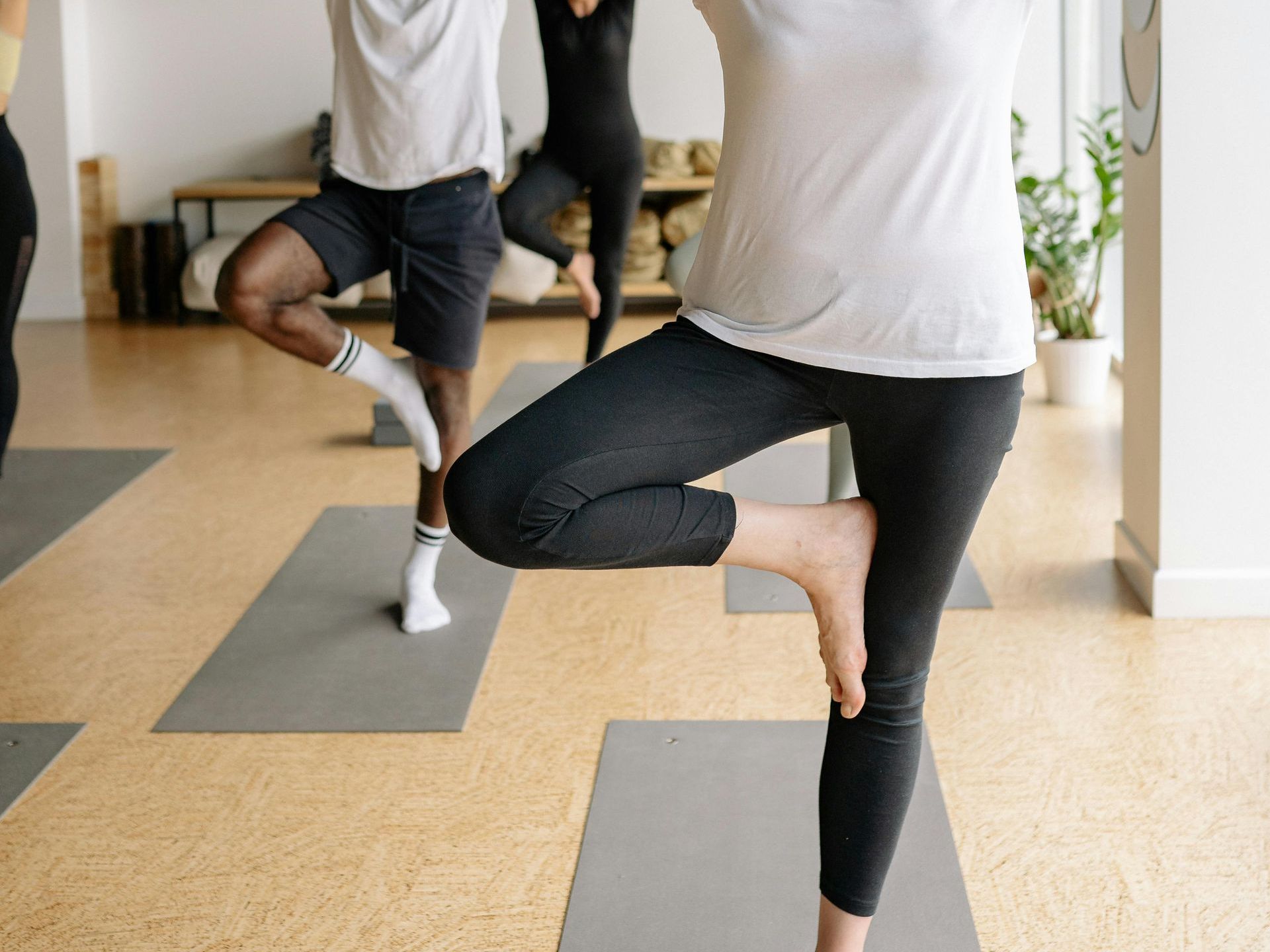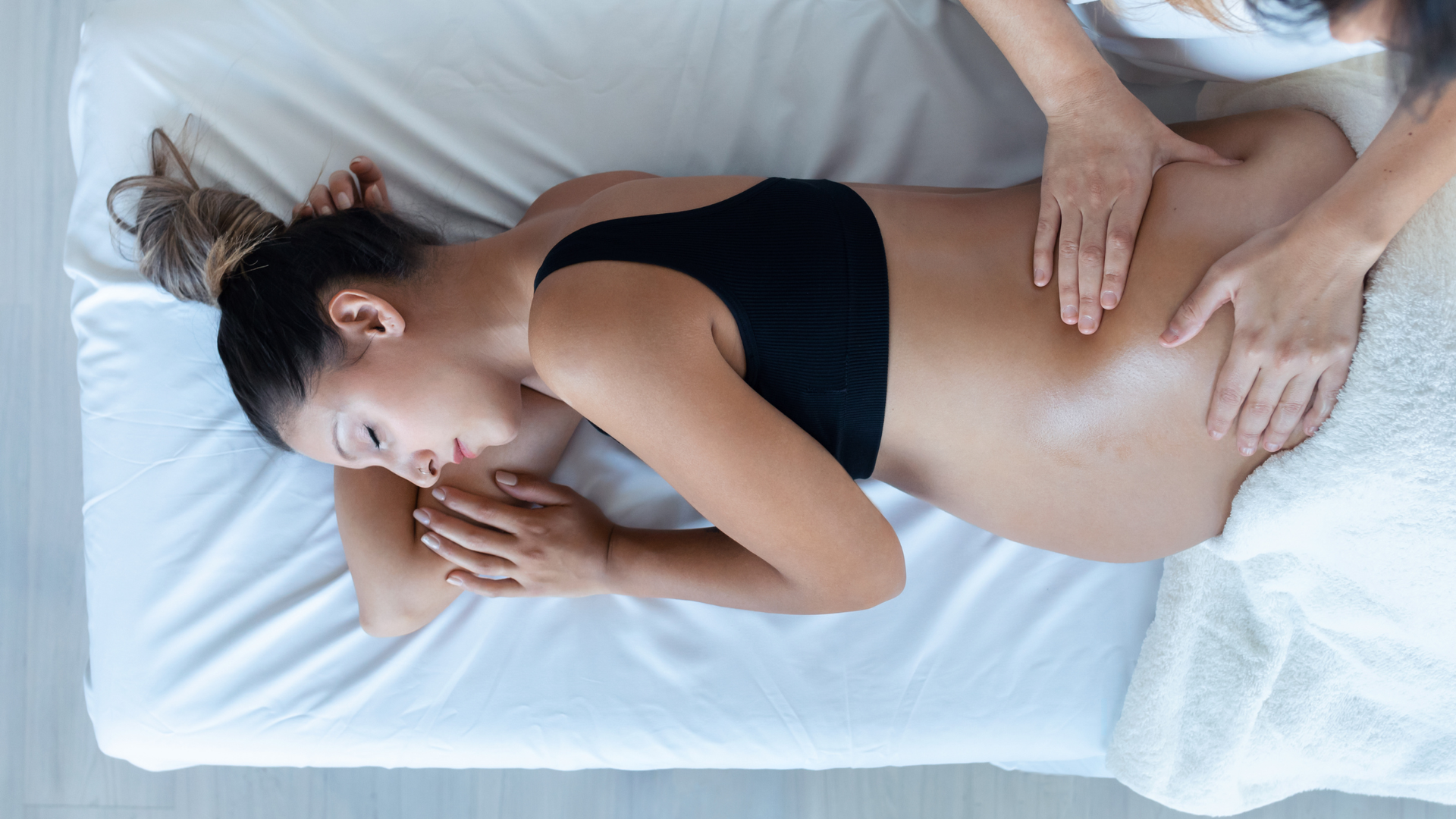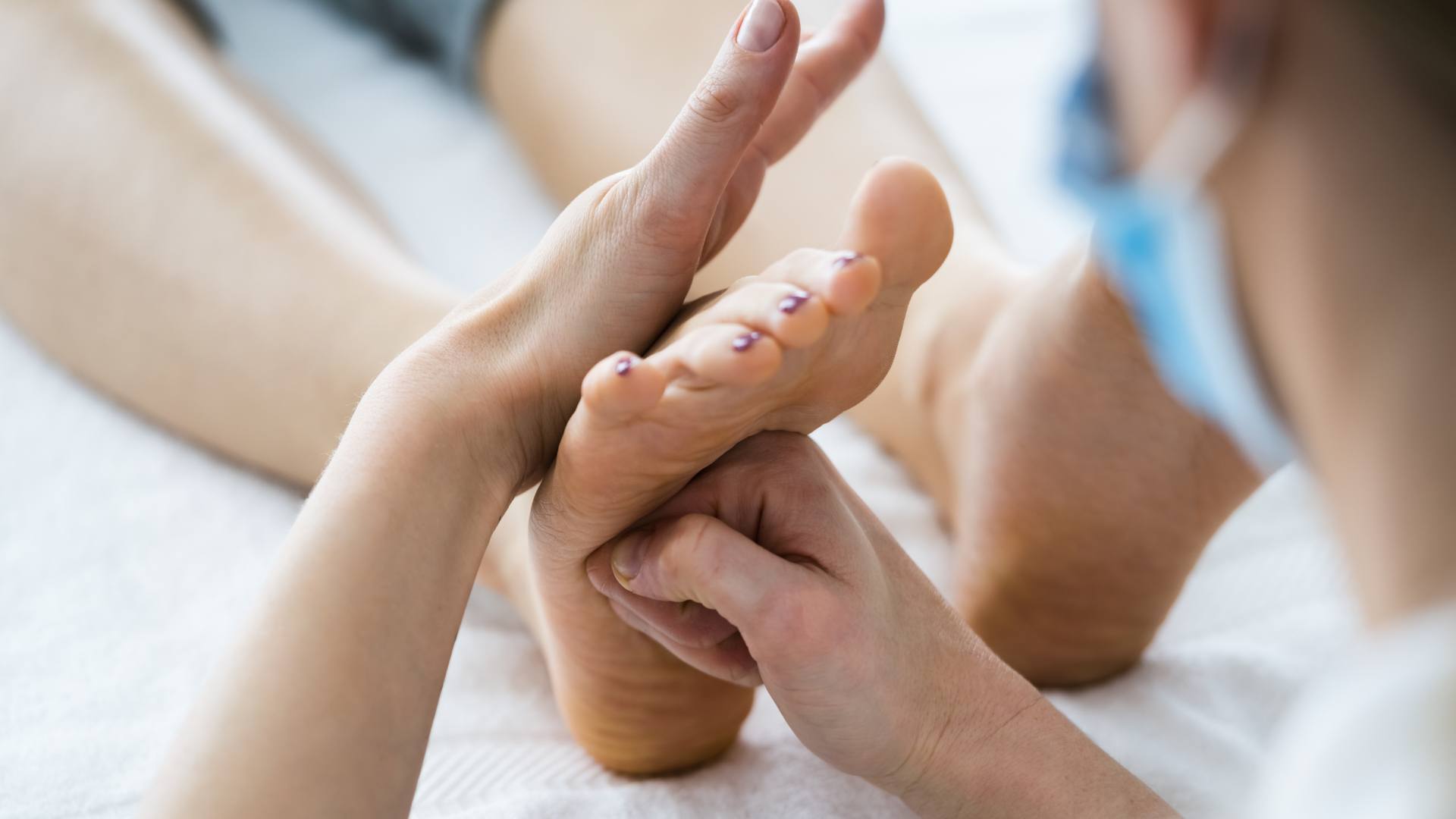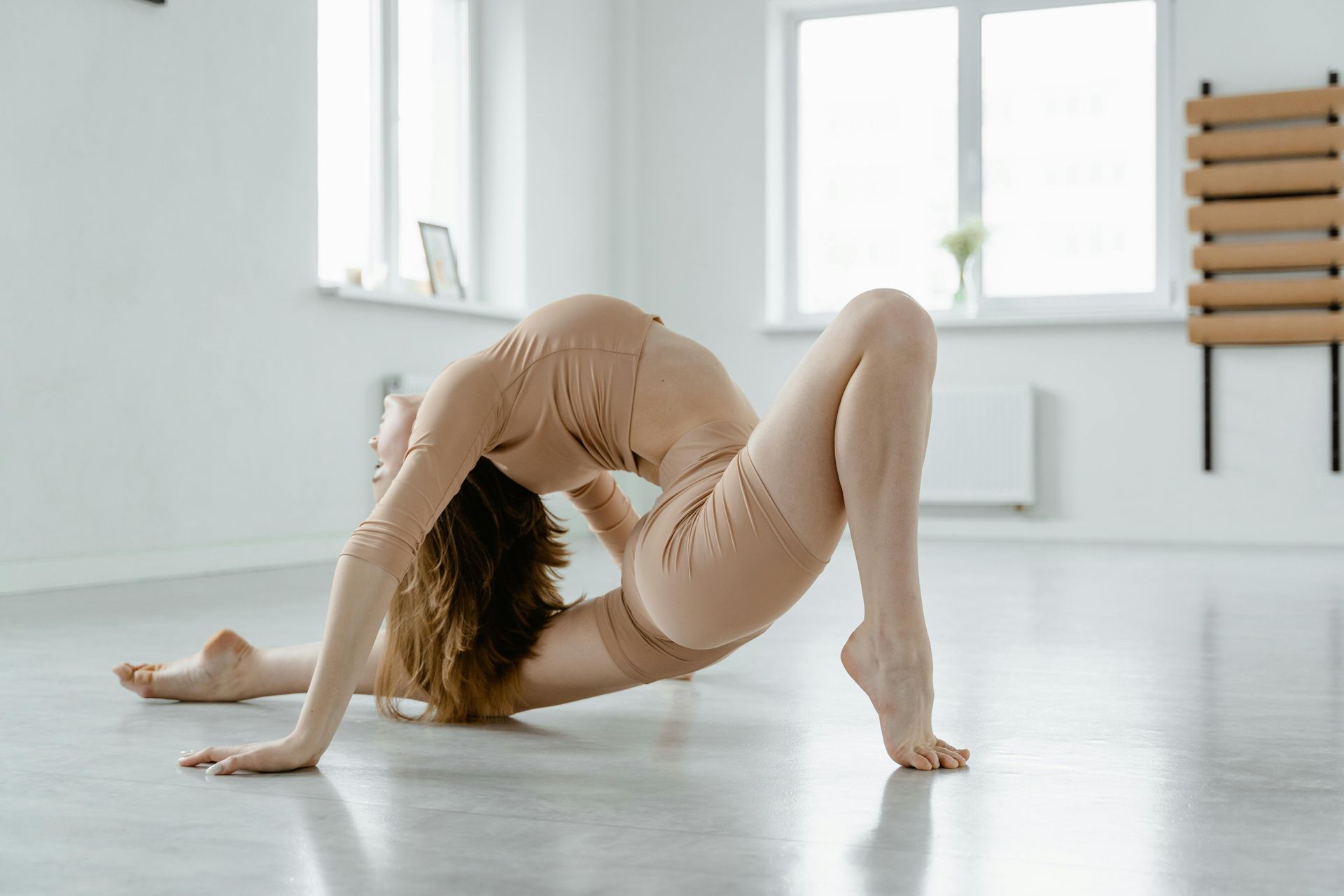Dizziness and Vertigo
“You spin me right round baby right round…”

As kids, we used to love spinning around in circles, making our worlds spin when we stopped and laughing at each other when we tried to walk.
But when it is not self-induced, it’s not nearly as much fun. If you have ever suffered from dizziness or vertigo, you know how stressful and limiting it can be. And how unwell you can feel. Dizziness describes a range of sensations that include light-headedness, fainting, unsteadiness or loss of balance. The good news? Physio can really help.
Dizziness and vertigo affect approximately 15% to 20% of the adult population every year. That’s a huge amount! And if you live with dizziness, you know that it significantly impacts your quality of life, making it difficult to walk, drive, work, even enjoy spending time with family and friends. Even watching the TV or reading a book can be impossible.
Dizziness can be postural, where on changing from a seated or lying position, you experience a bout of light-headedness and/or dizziness. The cause is often transient – a drop in blood pressure results in a reduction of blood flow to the brain and the body responds by saying “Whoa there, give us a moment to catch up!”
In many instances though, dizziness is a consequence of a problem involving the vestibular system (inner ear). The vestibular apparatus is a complex system of tiny hair follicles and crystals that move based on the position of our head. Think of it like sea grass, wafting back and forth with the movement of the water. When the crystals move the hair follicles, a signal is sent to our brain registering the position, helping co-ordinate eye and head movements and maintain balance.
Vertigo is one type of dizziness that it is caused by the crystals in the vestibular apparatus being out of position. Often described as a ‘spinning’ sensation and is usually brought on by a sudden change in position. Some people report it feels like the room they are in is spinning or as if you are going to fall. These symptoms may lead to other problems, such as loss of confidence, falls, headaches, anxiety and depression.
Other common presentations arising from the vestibular apparatus include benign paroxysmal positional vertigo (BPPV) and vestibular migraine, both of which are largely underdiagnosed. Other causes of dizziness include inflammation of the inner ear (called vestibular neuritis), Meniere’s Disease, acoustic neuroma, otoxicity and stroke.
Fortunately, dizziness and vertigo can be effectively assessed and treated by a physiotherapist. If you have vertigo or BPPV, effective treatment can often have immediate relief. Using specific combinations of movements and manoeuvres, a physiotherapist can help the crystal particles in the inner ear to reposition. Coupled with exercise-based vestibular rehabilitation, vertigo and dizziness can be effectively managed, significantly improving your balance and reducing the risk of injury from falls.
Need a Physiotherapist?
Movement For Life Physiotherapist have a number of physiotherapists with post graduate training in the management of dizziness and vertigo. You can learn more about them
here. Our physiotherapists can accurately assess and treat you, or if required, refer you to see a medical practitioner for further investigation or assessment. To make an appointment, call us on 08 8945 3799 or book online.
